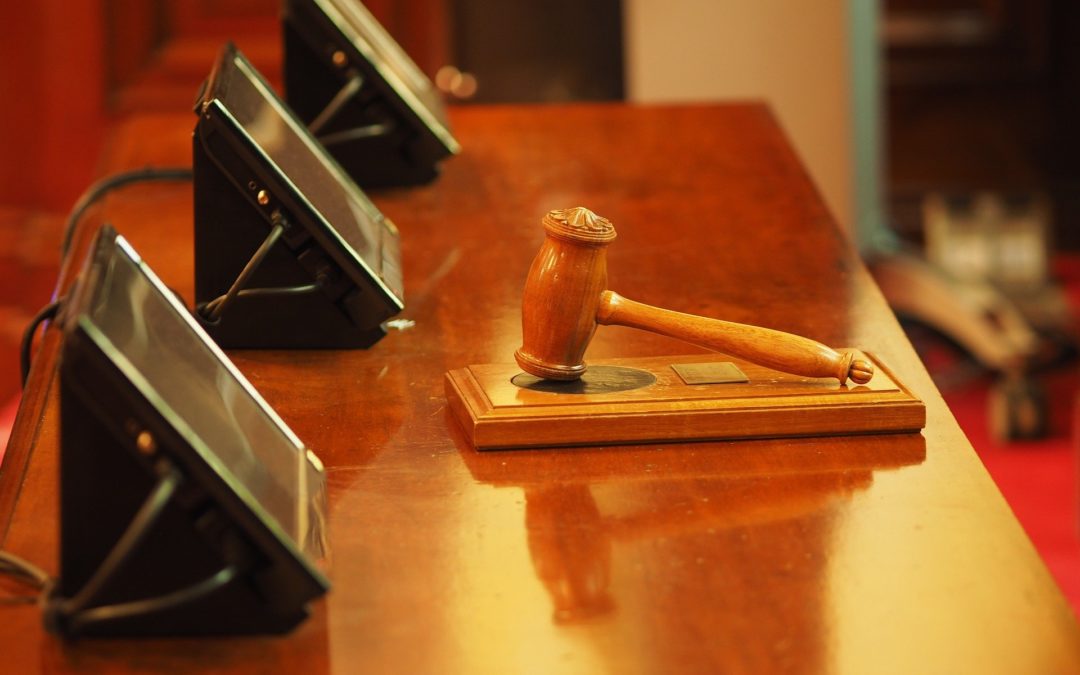Texas’ New DWI/DUI Law & Deferred Adjudication: What You Need to Know
Recent changes to Texas DWI laws may help individuals who are accused of drunk driving. The law focuses on treatment for first-time DWI charges, as opposed to the traditional punishment model. Read on to find out more.
Texas HB 3582: Deferred adjudication for first-time offenders
Texas HB 3582 provides for “deferred adjudication” for first-time offenders who are charged with DWI. Deferred adjudication means that, instead of a trial and the traditional litigation route, a defendant is offered a chance to plead guilty or no contest to a charge in exchange for the judge deferring a finding of guilt or innocence. The court instead offers a probationary period to the defendant. Upon its completion, the case is dismissed, the defendant is considered not guilty, and there is no finding of guilt entered into the defendant’s criminal record.
This is important considering the significant collateral consequences of a criminal record. As such, deferred adjudication is an important change in Texas law.
For the past 35 years, deferred adjudication was not an option in Texas courts. However, HB 3582, which was enacted into law on September 1, 2019, offers deferred adjudication to first-time offenders who are arrested with a blood alcohol content (“BAC”) under .15 (note that a BAC over .08 is considered driving while intoxicated). Additionally, deferred adjudication is only available when no property damage, personal injury, or death occurred while driving drunk. Exceptions apply to drivers with a commercial driver’s license or a learner’s permit.
As part of the plea deal for deferred adjudication, the court may include terms for performing community service or attending educational programs related to an intoxication offense, such as Alcoholics Anonymous (“AA”). But there are limitations to the deferred adjudication program, as well as strict consequences for failing to abide by the terms of the plea deal.
Restrictions & limitations on Texas HB 3582
Ignition interlock is required:
One such restriction to a deferred adjudication plea deal is that the defendant must have an ignition interlock device or breath alcohol ignition interlock device installed on the vehicle that they own or drive regularly. It requires the driver to blow into a mouthpiece on the device before starting or continuing to operate the vehicle. If the resultant BAC analyzed result is greater than the programmed BAC, the device prevents the engine from being started. The interlock device is located inside the vehicle, near the driver’s seat, and is directly connected to the engine’s ignition system.
Installation of an ignition interlock device, however, is very expensive as it requires instillation by a trained professional. As such, HB 3582 also includes financial aid provisions for indigent offenders who are required to install an interlock device.
Repeat offenders get enhanced penalties:
If the defendant is later charged with another DWI/DUI arrest, the original DWI charge is resurrected and the new charge becomes a second offense with enhanced penalties. The first charge is therefore considered a prior conviction and the later charge is considered a repeat offense.
Deferred adjudication for other criminal charges does not necessarily involve reinstatement of the charge. Further, when a person is “finally convicted” of a DWI, HB 3582 holds that the defendant shall pay a fine of $3,000 for a first conviction, $4,500 for a second conviction, and $6,000 for all DWI convictions with a BAC of 0.15 or more.
Finally, a defendant can apply to have the record of the first-time DWI offense partially sealed two years after successful completion of probation. This will not, however, affect the enhanced penalties outlined above for a second offense.
Texas’ new DWI law is not retroactive
It is important to understand that the possibility of deferred adjudication probation for a first-time DWI offense under the new law exists only for those charged after September 1, 2019, which is when the law took effect. For others charged with a DWI before this date, the new DWI law is not retroactive and deferred adjudication probation will not be an option.
Even so, the new law allows for first-time offenders who have made a mistake, and can avoid making it again, the chance to avoid a DWI conviction. This often greatly impacts young drivers who are more likely to be charged with a DWI.
If you face a DWI charge in North Texas and need more information about Texas’ DWI laws, contact the Peugh Law Firm for a comprehensive legal review of your case.
Drunk driving arrests can lead to jail time and high fines, so it’s important to hire the best DWI defense lawyer you can find.





